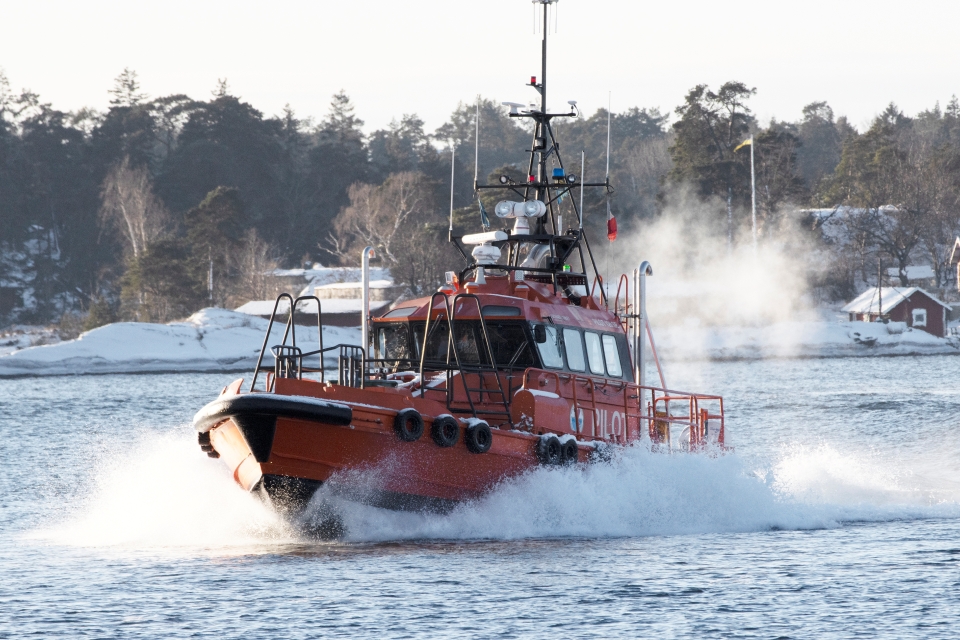A Swedish partnership of ScandiNAOS AB, Chalmers University of Technology and the Swedish Maritime Administration (SMA) has launched a project to develop dual-fuel kits for conversion of new and existing diesel engines to methanol operation. The project is a follow-up of the conversion of an SMA pilot boat.
The methanol dual-fuel kit will be generic and capable for retrofit to a large range of existing diesel engines of different brands. The kit will target engines up to 1000 kW and will accelerate the transition to low emission fuel and sustainable operations for marine and industrial applications.
The project has a 24-month duration and a budget of SEK 8,600,000 (about EUR 776,000) with fifty per cent funding by the Swedish program for Strategic Vehicle Research and Innovation (FFI). Leading methanol producer Proman AG and the Methanol Institute are providing industry funding.
Also read: First dual-fuel methanol bunker barge headed for Rotterdam
Methanol dual-fuel kits
The project will see marine design and engine developer ScandiNAOS develop and implement a dual-fuel kit in a pilot boat owned and operated by the SMA. The SMA already operates a methanol-powered pilot boat equipped with a single fuel compression ignited methanol engine, which completed successful trials in December 2021, a conversion supported by the FASTWATER consortium programme.
Also read: Fastwater consortium demonstrates methanol-powered pilot boat
The adoption of dual-fuel kits will enable conversion of more ships and boats more quickly, since a conversion kit can be cost-efficiently applied to existing engines while maintaining the fuel flexibility to run on either methanol, marine gas oil (MGO) or hydrotreated vegetable oil (HVO).
The pilot boat is expected to be ready for field trials in Q3 2023, a process which will go on for nine to twelve months during which the dual-fuel kit will be tuned and optimised based on operational experience and from the results of the research and laboratory tests carried out by Chalmers University.
Advanced combustion strategies
The SMA has a target to remove fossil fuels from its fleet by 2045. Methanol as a fuel for combustion engines provides a number of opportunities for engine optimisation. Chalmers University of Technology has assigned a Postdoctoral research position for the duration of the project to develop and test advanced combustion strategies to be applied in the next generation of methanol single and dual-fuel engines.
‘A quick and powerful transition towards a decarbonised transport future starts with conversion of the existing fleet,’ says Dr. Lucien Koopmans, Professor, Head of Division of Energy Conversion and Propulsion Systems, Chalmers University of Technology.
Peter Schild, Managing Director Sustainability, Proman, adds: ‘We are pleased to support this important initiative, which will enable the use of methanol as a cleaner alternative fuel for a broad range of vessel classes. This project means that methanol could be used to affordably reduce air pollution and greenhouse gas emissions across ports and inland waterways in the near-term.’
Picture: The pilot boat is expected to be ready for field trials in Q3 2023 during which the dual-fuel kit will be tuned and optimised based on operational experience.
Also read: Costa wants to run cruise ships on methanol








